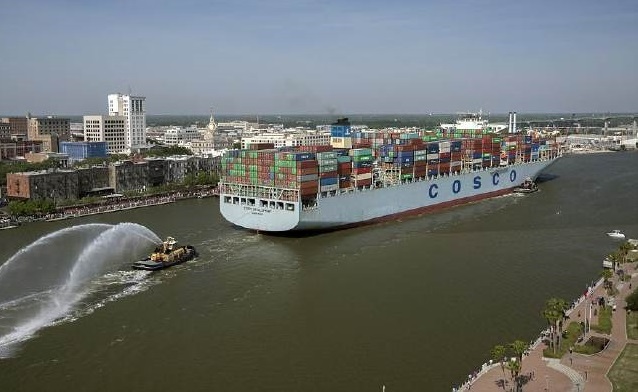Panama chooses China as new diplomatic ally

Panama announced it would break ties with Taiwan and enter into a diplomatic relationship with China Tuesday. The move is a huge coup for China, and signals increasing pressure on the Taiwanese authorities to bend to Beijing’s “one China” policy. Taiwan has strongly condemned the Panamanian decision as “oppressive,” and fueled by “money diplomacy.”
The move was announced by Panamanian President Juan Carlos Varela. After decades of siding with Taiwan in the disagreement, a joint statement said: “The Government of the Republic of Panama recognizes that there is but one China in the world, that the Government of the People’s Republic of China is the sole legal government representing the whole of China, and that Taiwan is an inalienable part of China’s territory.”
The new relationship with Beijing was starting Monday, and the previous one with Taiwan ending, the note added.
The announcement comes after Beijing began construction last week of a container port, with natural gas facilities, in Panama's northern province of Colon.
While Panama did not give any explicit reason for the switch, the country has been cultivating stronger economic ties with China in recent years. Today, Chinese ships are the number two users of the Panama Canal, the Central American country's main source of budget revenue.
Panama over the years received generous aid, millions of dollars in cooperation funds from Taipei. But it was simultaneously pressed for decades by Beijing to adopt its stand.
The status of and the dispute rose in December after Trump, elected president a month earlier, spoke to Taiwan's president by telephone.
Trump became the first president or president-elect to speak to a Taiwanese leader since at least 1979, when the United States severed diplomatic ties with Taiwan as part of its recognition of the People's Republic of China.
In the statement, Trump's office said the two leaders had noted "the close economic, political, and security ties" between Taiwan and the United States, but the very contact threatened to upend almost four decades of US foreign policy.
Taiwan, considered a rebel province by Beijing, is recognized by around 20 countries worldwide, most of which are in Latin America and the Caribbean. Since Taiwan split from China after a civil war in 1949, Beijing has used its power to try and isolate the tiny island, excluding it from international bodies like the United Nations and limiting its potential for economic growth.

